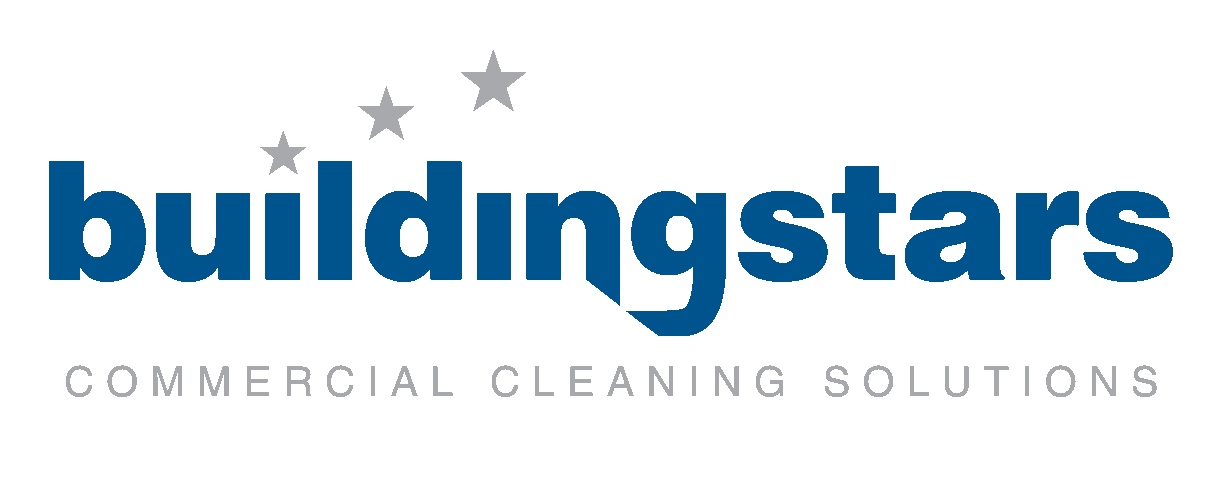What Licenses Are Needed to Start a Cleaning Business?

Are you considering starting your own cleaning business? It’s a great decision, given the consistent demand and growth potential in the cleaning industry. However, one crucial step in establishing your business is understanding and obtaining the necessary licenses. This guide will walk you through “What Licenses Are Needed to Start a Cleaning Business” to ensure you’re legally compliant and ready for success.
Overview of Licensing Requirements
Before diving into the specifics, it’s important to note that licensing requirements vary depending on your location. However, there are some common licenses and permits that most cleaning businesses will need to operate legally.
Common Licenses
- Business License: This is the fundamental license you’ll need. A business license legitimizes your operation and is required in almost all jurisdictions.
- Specialized Cleaning Licenses: Depending on the services you offer, like industrial or healthcare facility cleaning, you might need special permits.
- Health and Safety Certifications: Given the focus on cleanliness and health standards, especially in post-pandemic times, certain health and safety certifications might be necessary.
Additional Registrations and Certifications
Apart from these licenses, you’ll also need to consider:
- Registering Your Business Name: A necessary step for legal recognition.
- Employer Identification Number (EIN): Essential if you plan to hire employees.
- Insurance: Liability and worker’s compensation insurance are critical for protecting your business and employees.
- While not mandatory, certifications such as green cleaning certifications can significantly boost your business’s credibility.
Local and State Specifics
Every state and locality has its own set of rules and regulations. It’s crucial to check with your local government offices or the Small Business Administration for specific requirements in your area.
Why Compliance Matters
Staying compliant with licensing requirements is not just about avoiding legal issues. It also builds trust with your clients, showing that you adhere to professional and legal standards. Non-compliance can lead to fines, legal issues, and damage to your business reputation.
Conclusion
Understanding and acquiring the right licenses is a foundational step in starting a cleaning business. It’s more than a legal formality; it’s about setting your business up for long-term success and credibility.
Consider a Franchise
While starting a cleaning business independently requires navigating the complexities of obtaining the proper licenses and certifications, choosing to franchise with a reputable company offers a streamlined path. When you franchise with an established and experienced organization, much of this hassle is alleviated. They provide guidance and support in handling these crucial legalities, allowing you to focus on growing your business. This approach not only saves you time and effort but also ensures you are compliant with all necessary regulations right from the start. Franchising thus presents an attractive option for those looking to enter the cleaning industry with a solid foundation and peace of mind.
